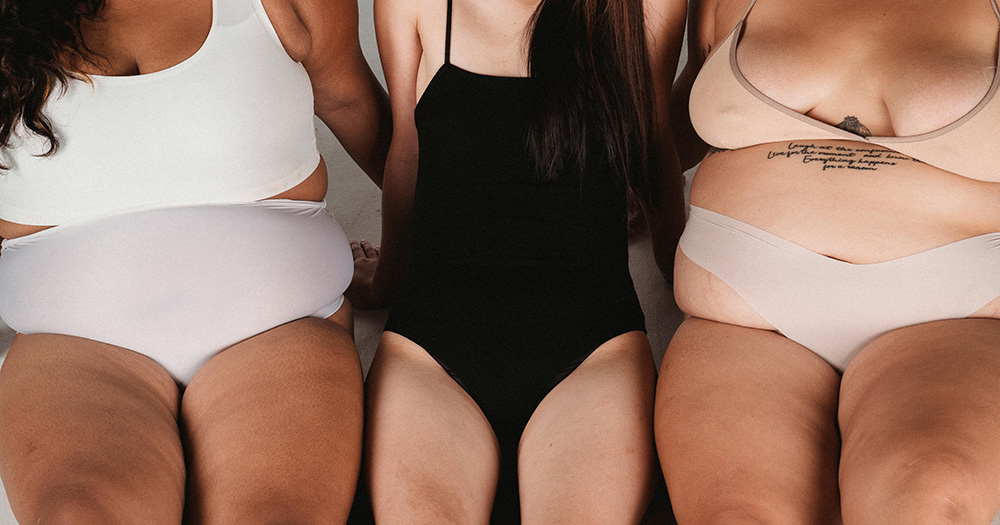In today’s digital age, the influence of media and technology has significantly shaped our perception of the ideal body. From magazine covers to social media feeds, we see people making unnecessary comments about others’ bodies and because of this, body shaming has become all too familiar in our society.
Consequently, individuals who do not fit the ideal standards are often exposed to bullying or social exclusion. This is also true within the LGBTQ+ community, with societal pressure and additional layers of discrimination leading to higher rates of mental health issues and body dysmorphia.
As demonstrated in Belong To’s Being LGBTQI+ in Ireland 2024 report, 41% of those surveyed showed signs of a potential eating disorder. This was even higher for transgender and gender non-conforming participants, at 50%.
Body shaming perpetuates harmful expectations and creates an environment of negativity. It risks contributing to low levels of self-esteem, which may also lead to mental health issues and/or, eating disorders.
Young people are at greater risk of experiencing the impact of body shaming and unrealistic body standards, especially while being raised during the digital age. LGBTQ+ youth are even more vulnerable, facing pressure to conform to both societal standards and standards within the community, where specific body ideals can be seen as preferable.
View this post on Instagram
Since the popularisation of the app TikTok, videos have gone viral that create unattainable body standards for people and make them question their own appearance. These ‘trends’ can contribute to negative ideologies about one’s physical appearance by creating an idea that one must look a certain way in order to fit in.
Additionally, celebrities’ promotion of weight loss products like Ozempic can be dangerous, with the health risks not fully known and understood. Furthermore, people can feel like they need to use these products in order to meet societal beauty and body standards.
View this post on Instagram
Condemning body shaming is an act of empathy and compassion and a necessary step towards creating a more inclusive, healthy, and harmonious society. As has long been seen within the LGBTQ+ community, empowering individuals to embrace their unique identities free from judgment promotes a culture that celebrates diversity.
This is vital in combating body shaming and fostering a society where everyone can thrive. Ultimately, by promoting acceptance and understanding, we can create a society where individuals feel valued and respected, irrespective of their physical appearance.
© 2024 GCN (Gay Community News). All rights reserved.
Support GCN
GCN is a free, vital resource for Ireland’s LGBTQ+ community since 1988.
GCN is a trading name of National LGBT Federation CLG, a registered charity - Charity Number: 20034580.
GCN relies on the generous support of the community and allies to sustain the crucial work that we do. Producing GCN is costly, and, in an industry which has been hugely impacted by rising costs, we need your support to help sustain and grow this vital resource.
Supporting GCN for as little as €1.99 per month will help us continue our work as Ireland’s free, independent LGBTQ+ media.
